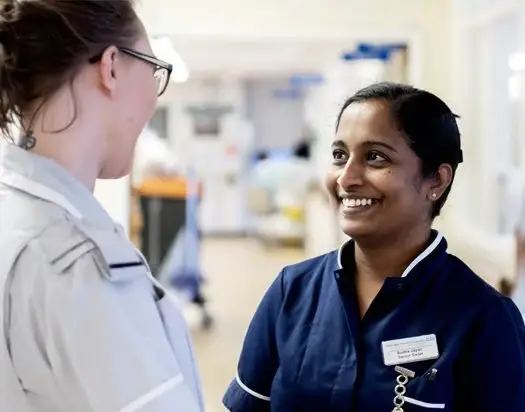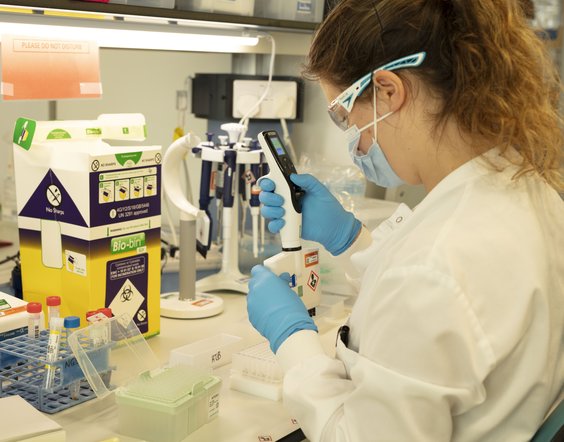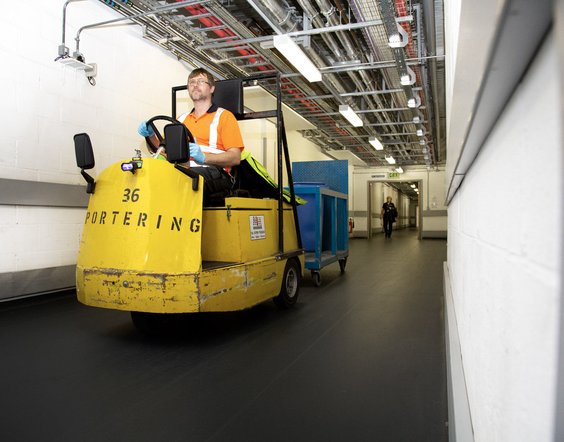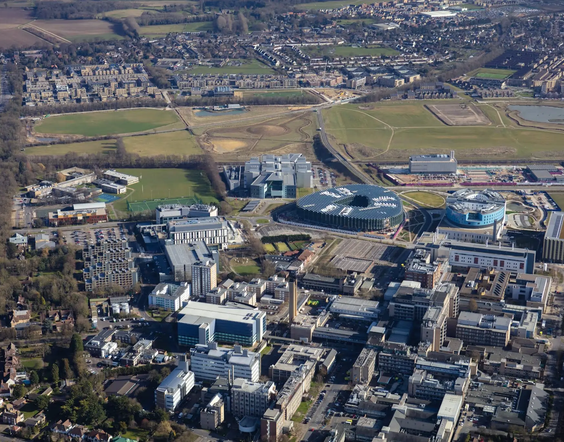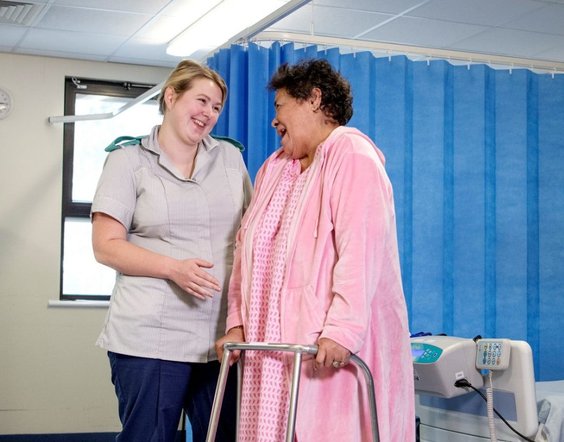The gynaecology services are part of the Women’s and Children’s Services Directorate based at The Rosie Hospital. We consider the well-being and health of the female with regard to reproductive organs, the ability to reproduce, the care of first trimester pregnancy and the provision of termination services.
This includes endocrinology, female urology, pelvic malignancy, reproductive medicine and early pregnancy. As a result, the speciality spans from puberty through to later years. The patients range from those with a diagnosis of cancer, to those with chronic disorders which interfere significantly with quality of life, to those where an acute emergency presentation is the first indication of a gynaecological or early pregnancy problem. Antenatal care is also provided through our department to women with acute or chronic medical problems that complicate their pregnancy.
By joining the gynaecology team at The Rosie Hospital we offer you the opportunity to work within this diverse speciality in one of our defined yet collaborative areas.
Our approach is patient centred. We aim for the very best outcomes in:
- the diagnosis and treatment of gynaecological conditions
- improving our patients’ quality of life
- providing the very best patient experience
Because of our position as part of CUH, our team of specialist consultants and nurses can call on a wide array of medical and surgical expertise across the hospital. This makes us particularly well placed to help patients with complex needs.
Our commitment to education, training and research allows us to attract the very best staff and bring the latest developments in healthcare to our patients. We may therefore ask our patients to support us, for example by inviting people to take part in clinical trials.
Within the gynaecology team we have a matron, a practice development nurse, specialist nurses, nursing sisters, staff nurses, health care assistants (Level 3 and Level 2) and ward clerks. From the description of our gynaecology service it is clearly evident that we work within defined areas with a collaborative approach. We pride ourselves on our unity as a team. With our weekly nursing meeting, all the teams join on regular basis. On commencement of employment we offer a comprehensive orientation programme. For trained nursing staff, once settled in your role, we offer the opportunity of a three month rotation within the speciality.
As a team we work together to deliver a high quality, evidence-based service to all our patients. But in addition to this, we work together to support and develop each other. We hope you are successful in joining one of our teams and the wider community of gynaecology care that we are proud to be part of.


